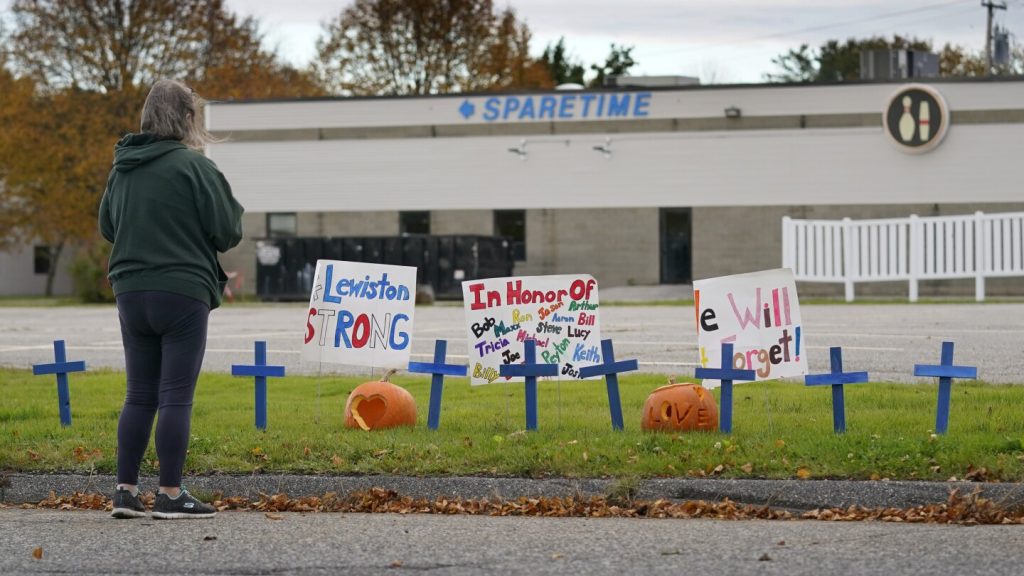The Army health official highlighted the limitations in health care coverage for reservists compared to full-time soldiers, stating that reservists in New England often have to rely on private health care since there are no Army hospitals in the region. However, private providers are restricted from sharing information with the Army command structure without a patient’s permission, potentially leading to gaps in communication that could impact the overall health and well-being of soldiers. Col. Mark Ochoa, the command surgeon from the U.S. Army Reserve Command, emphasized the complexities of accessing care for reservists experiencing psychiatric breakdowns during a panel investigation of a mass shooting by a reservist in Lewiston.
The panel investigating the mass shooting by reservist Robert Card, who killed 18 people and injured 13 others in October, heard testimony from Col. Ochoa regarding the services available to soldiers and their families in crisis situations. While there are extensive services offered, the Psychological Health Program cannot mandate treatment for reservists, leaving the decision in the hands of commanders. Ochoa acknowledged that communication breakdowns and fears of career repercussions can deter soldiers from seeking mental health treatment, highlighting the challenges in addressing mental health issues within the military.
Family members and fellow Army reservists of the gunman reported that Card had been exhibiting signs of growing paranoia in the months leading up to the shooting and had experienced a psychiatric breakdown during a military training last summer. Despite concerns raised by a reservist about Card potentially carrying out a mass shooting, the tragedy occurred at a bowling alley and bar in Lewiston. In response to the shooting, the state Legislature passed new gun laws that strengthened Maine’s “yellow flag” law, which prohibits the transfer of guns to individuals prohibited from ownership and increased funding for mental health crisis care. The commission investigating the shooting intends to release its final report this summer, with a preliminary report criticizing the police’s handling of Card’s weapon removal.
The independent commission established by the governor to investigate the shooting focused on the facts surrounding the incident and highlighted failures in the mental health system’s response to Card’s deteriorating mental state. The panel’s chair, Daniel Wathen, a former chief justice for the state, emphasized the complexity of addressing mental health issues within the military and the challenges faced by both reservists and commanding officers in ensuring soldiers receive necessary care. The commission’s final report aims to provide recommendations for improving mental health support and addressing gaps in communication that may have contributed to the mass shooting in Lewiston.
Mental health experts have emphasized that most individuals with mental illness are not violent and are more likely to be victims of violent crime than perpetrators. Access to firearms and the lack of comprehensive mental health care are identified as critical factors contributing to incidents of mass violence, highlighting the importance of addressing both gun control measures and improving mental health services. The panel’s findings are expected to inform future policies and initiatives aimed at preventing similar tragedies and improving mental health support for military personnel, particularly reservists facing limitations in accessing care. The investigation underscores the need for enhanced communication and collaboration between private health providers and the military command structure to better support soldiers experiencing mental health challenges.


